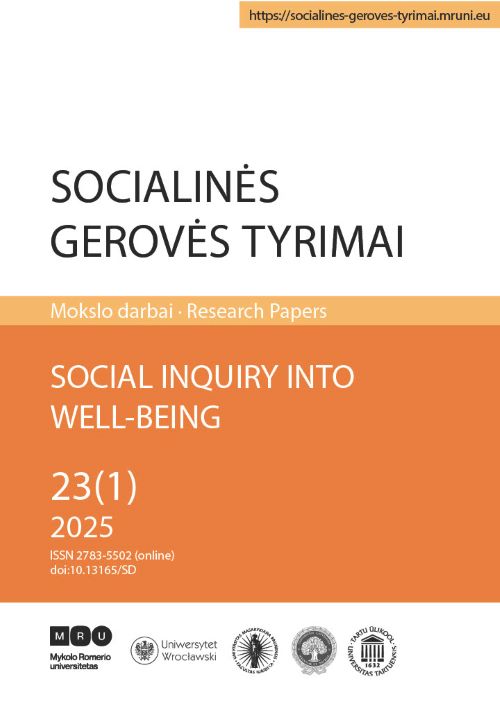USE OF ICT TOOLS IN THE MANAGEMENT SYSTEM OF SCHOOL
##plugins.themes.bootstrap3.article.main##
Abstract
This study investigates the utilization of Information and Communication Technology (ICT) tools within the X School Management System (SMS) and their comprehensive impact on overall school effectiveness, with a particular focus on teacher satisfaction and the multifaceted challenges they encounter in the context of Education 5.0. The research is grounded in the theoretical framework of the Education 5.0 concept, which emphasizes innovation, creativity, and critical thinking as indispensable elements of 21st-century education. This forward looking concept underscores the pivotal role of ICT in fostering a contemporary and inclusive learning environment where students are not merely passive recipients of knowledge but active participants in applying it, developing problem-solving skills, and collaborating effectively. The research problem addressed is the underutilization of the potential of ICT tools in school administration, a challenge encountered by many educational institutions globally. This issue is particularly relevant in the context of the Education 5.0 concept, which advocates for a more technology-driven and student-centered approach to learning, necessitating the effective integration of ICT tools into various aspects of school management. The object of the study is the impact of the use of ICT tools on the management system of X Gymnasium. The study aims to comprehensively evaluate the effectiveness of ICT tool utilization within the X School SMS. To achieve this aim, the study employs a mixed research method, combining case study analysis with quantitative and qualitative research elements. This multifaceted approach allows for a thorough and nuanced examination of the research topic, drawing on both objective data and subjective experiences to provide a comprehensive understanding of the phenomenon under investigation. Data collection for this study involved a multi-faceted approach, utilizing focus groups, document analysis, and a questionnaire survey. This article presents only the quantitative part of the study – the key results of the survey conducted among the school’s teachers. X School, a private city gymnasium, was purposefully selected as the case study for this research. The school has been actively engaged in a comprehensive digitalization initiative since 2018, making it an ideal setting for exploring the integration and impact of ICT tools in a real-world context. The choice of X School is further justified by its proactive involvement in ICT implementation processes and its extensive experience in utilizing SMS. This rich background enables a deeper analysis of the ICT tool integration process and its effects on the school community as a whole, including teachers, administrative staff, and students. The questionnaire survey was instrumental in gathering quantitative data, focusing on the frequency of ICT tool use, perceived efficiency, and overall satisfaction among staff members, particularly teachers, allowing for a statistical analysis of ICT tool adoption and its impact. The study’s findings reveal that ICT tools have a demonstrably positive impact on the administrative work processes of X School, contributing to increased employee satisfaction and providing valuable opportunities for competence development among staff members. Quantitative data analysis revealed a statistically significant correlation between the use of ICT tools and these positive outcomes, supporting the notion that technology can play a key role in enhancing school effectiveness and creating a more fulfilling work environment for teachers. The implementation of the SMS in X School has been largely successful, streamlining various administrative processes and facilitating communication within the school community, leading to improved efficiency and collaboration. The implications of this study extend beyond X School, offering valuable insights for other educational institutions seeking to effectively integrate ICT tools into their management systems and improve overall school effectiveness, particularly in the context of Education 5.0. The findings can inform the development and implementation of ICT integration strategies aimed at not only improving operational efficiency but also fostering a positive and supportive environment for teachers, recognizing their crucial role in the successful adoption and utilization of technology in education. By addressing the challenges faced by teachers and leveraging the potential of ICT tools, schools can create a more engaging and effective learning experience for all students, preparing them for the demands of the 21st century.
Keywords: ICT tools, school management system, Education 5.0, digitalization, technology integration.
##plugins.themes.bootstrap3.article.details##
Mykolas Romeris University retains copyright ownership and publishing rights. Authors contributing to Social Inquiry into Well-Being agree to publish their articles under a Creative Commons Attribution 4.0 International Public (CC BY) License.![]()







